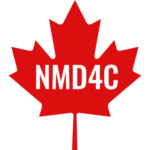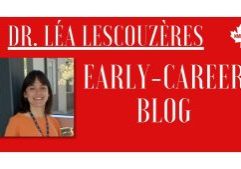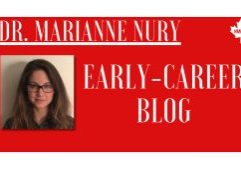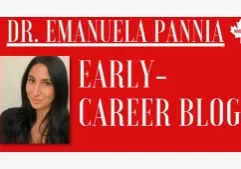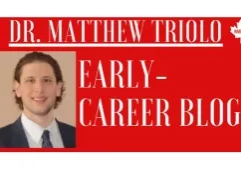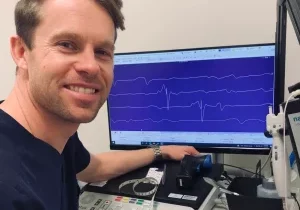Dr. Nicolas Dumont’s Blog
About Dr. Dumont
Dr. Nicolas Dumont completed his PhD at the Université Laval (2007-2013) in Dr. Jerome Frenette’s lab, where he held a FRQS doctoral award. His thesis was focused on the regulatory network between inflammatory cells and skeletal muscles in muscle disorders. Dr. Dumont then joined the lab of Dr. Michael Rudnicki for his post-doctoral training at the Ottawa Hospital Research Institute, where he was supported by a CIHR fellowship (2013-2016). He investigated the regulation of muscle stem cells in Duchenne Muscular Dystrophy. Dr. Dumont became an Assistant Professor at the Université de Montréal in 2016. He established his lab at the CHU Sainte-Justine research center where he developed a research program aiming to comprehend the contribution of muscle stem cell defects to the pathogenesis of different myopathies. Moreover, he investigates new treatments targeting defective muscle stem cells to restore muscle regeneration and mitigate the progression of the diseases. Dr. Dumont is supported by a FRQS Junior-1 award, and his lab is funded by grants from the CIHR, NSERC, CFI, la Fondation du Grand Défi Pierre Lavoie, ThéCell, and Stem Cell Network.
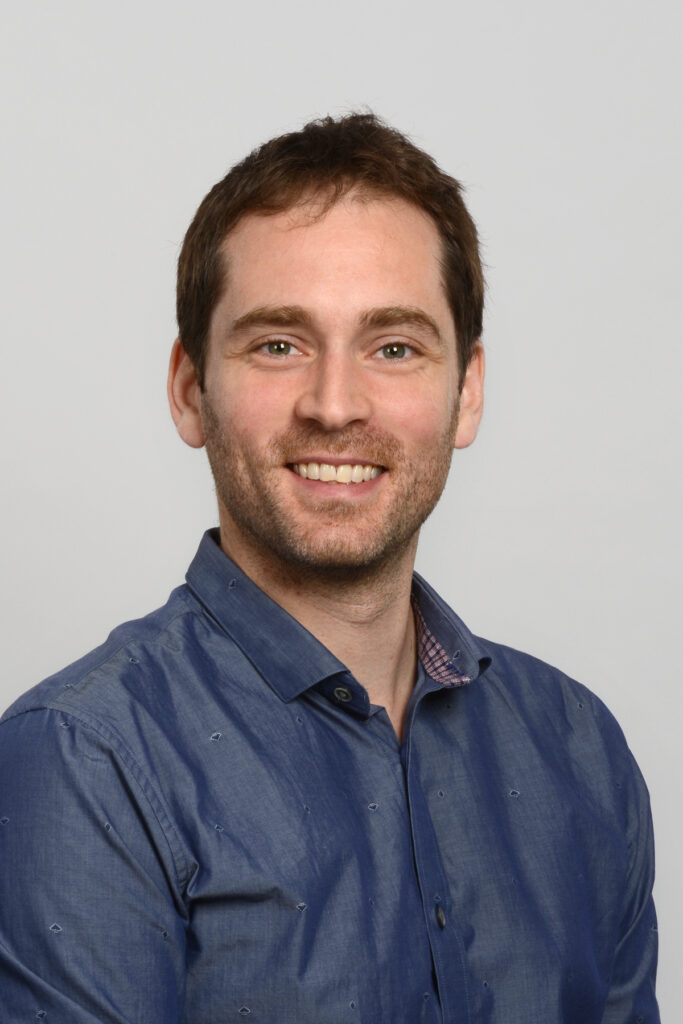
Dr. Dumont's blog
Reflection of an early career investigator transitioning to mid-career
I started my lab in April 2016, even though it feels like yesterday. When I look back at these last four years, I realize the tremendous amount of work that needs to be done to set up a lab. We first need to recruit students (which is not easy for a new investigator) and train them, apply to pretty much all the grant opportunities available, order everything we need to perform our research, write protocols, teach classes, participate on committees, establish a network of collaborators, and more. The thing that struck me the most is that we are absolutely not trained to perform most of these tasks. As researchers, we have strong scientific and technical skills, but we are not trained in human resource management, budget planning, pedagogical approaches, or entrepreneurship. What helped me to face these new challenges was the support of my institution, a good mentor, and a strong network of collaborators. I am grateful to all these colleagues who have supported me in these first years. All the small gestures (e.g. reviewing the first draft of a grant, giving reagents, writing letters of collaboration, etc.) really make a big difference in the end. I must also acknowledge the different initiatives of granting agencies to support early career investigators.
Currently, my lab is funded by grants from different agencies (CIHR, NSERC, and others); it contains 7 trainees (3 post-doc, 3 PhD, 1 MSc), and our first papers are finally getting submitted/published. Although I am proud of where I am today, if I had to start all over again, I would try to divide my efforts less and concentrate on the experiments. Getting the publications out the door is really the most important thing when you are about to leave the early-career stage.
Next year, I’ll become a mid-career investigator, and I must confess that it is pretty intimidating. There are a lot of challenges at that career stage to maintain a high productivity, ensure long-term funding for the lab, and pass on technical expertise once the first wave of students have graduated. I will certainly still need the support of senior investigators along the way, and I’ll give back as much as I can to the next generation of early-career investigators.
On a personal note, if there is one thing that I wouldn’t change, it is to give the priority to my family. While my lab expanded quite a bit in the last four years, my kids grew even faster. I am very glad I managed to keep a balance between this stimulating but time-consuming job, and my family. In the end, it might be the most difficult challenge of early-career investigators, especially in the time of Covid-19.
